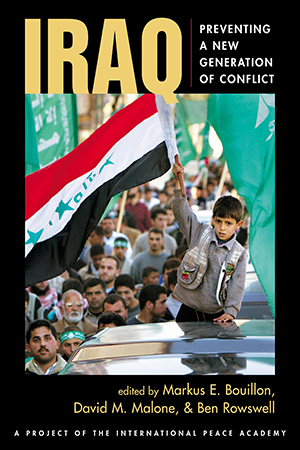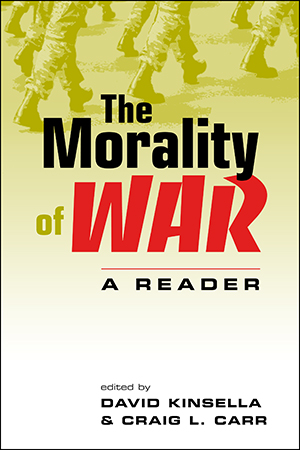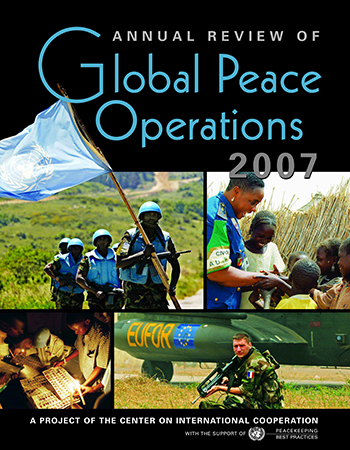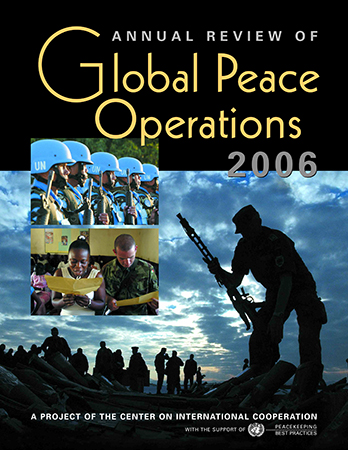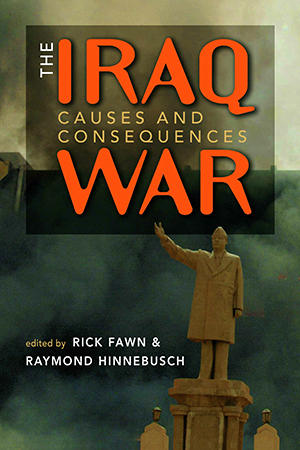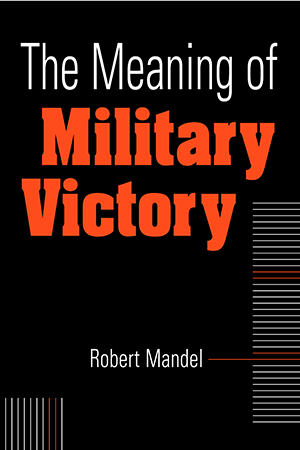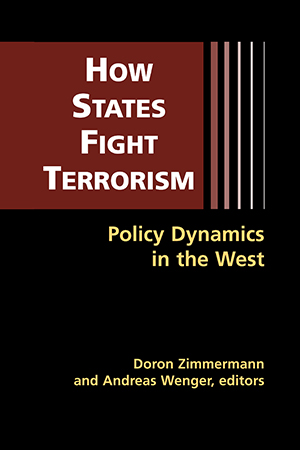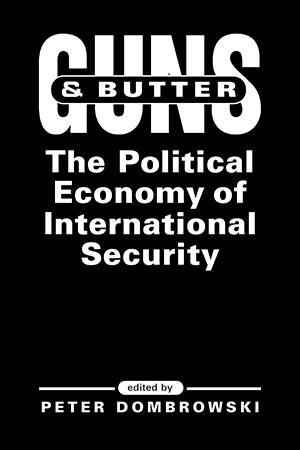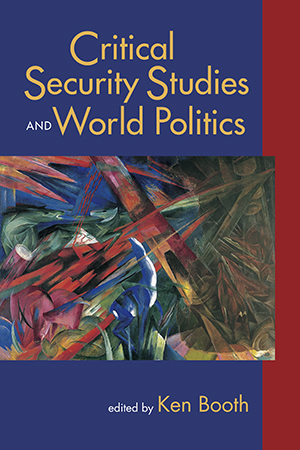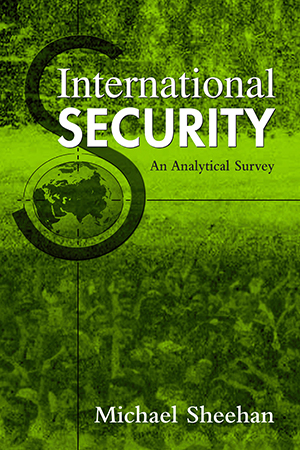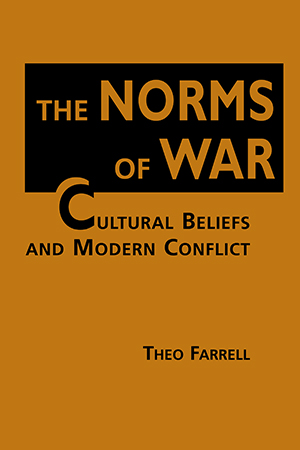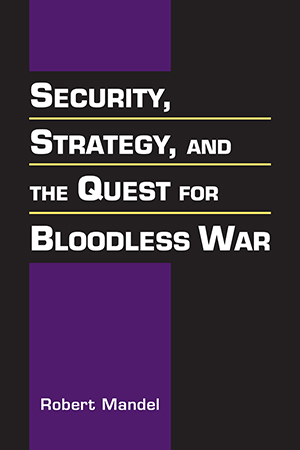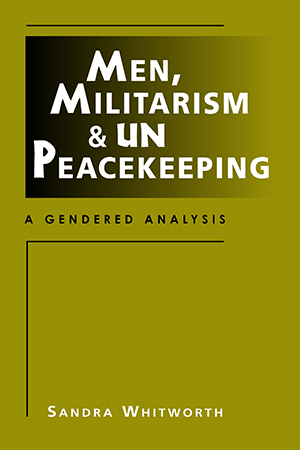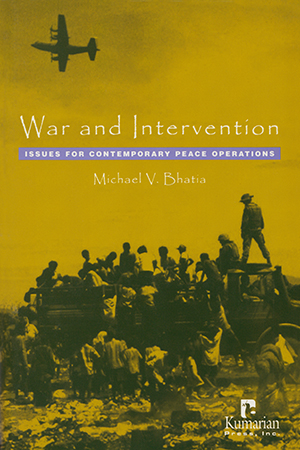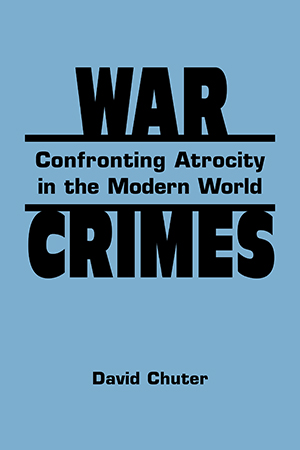Security and Intelligence Studies
Is an end to the violence in Iraq, and the establishment of an enduring peace within a unified state, a realistic goal? Addressing this question, the authors of Iraq Preventing a New More >
When and why is war justified? How, morally speaking, should wars be fought? The Morality of War confronts these challenging questions, surveying the fundamental principles and themes of the More >
Unique in its breadth and depth of coverage, the Annual Review of Global Peace Operations presents the most detailed collection of data on peace operations—those launched by the UN, by More >
The world now spends close to $5 billion annually on United Nations peace operations staffed by more than 80,000 military and civilian personnel, and commitments to comparable operations More >
While the war in Afghanistan saw most industrial countries back the US-led campaign, the subsequent war in Iraq profoundly divided international opinion—and likely represents a More >
How has the concept of victory evolved as the nature of conflict itself has changed across time, circumstance, and culture? And to what end? Robert Mandel addresses these questions, More >
As national governments struggle to cope with the complex threat of mass-casualty terrorist attacks, there is an ongoing debate about the best approaches to counterterrorism policy. The More >
Reflecting the growing interest among scholars and practitioners in the relationship between security affairs and economics, this new volume explores the nature of that relationship in the More >
Realist assumptions of security studies increasingly have been challenged by an approach that places the human being, rather than the state, at the center of security concerns. This text is More >
Michael Sheehan provides a masterly survey of the varied positions that scholars have adopted in interpreting "security"—one of the most contested terms in international More >
Although the horrors of war are manifest, academic debate is dominated by accounts that reinforce the concept of warfare as a rational project. Seeking to explain this paradox—to More >
In recent decades, government and military officials alike have pushed increasingly in the direction of "bloodless wars," where confrontations are undertaken—and ultimately More >
Sandra Whitworth looks behind the rhetoric to investigate from a feminist perspective some of the realities of military intervention under the UN flag. Whitworth contends that there is a More >
War and Intervention explains how armed forces, aid agencies, and transitional adminsitrations in war-affected countries have adapted to the changing circumstances of modern war and More >
War crimes typically are discussed in sensational terms or in the dry language of international law. In contrast, David Chuter brings clarity to this complex subject, exploring why More >


